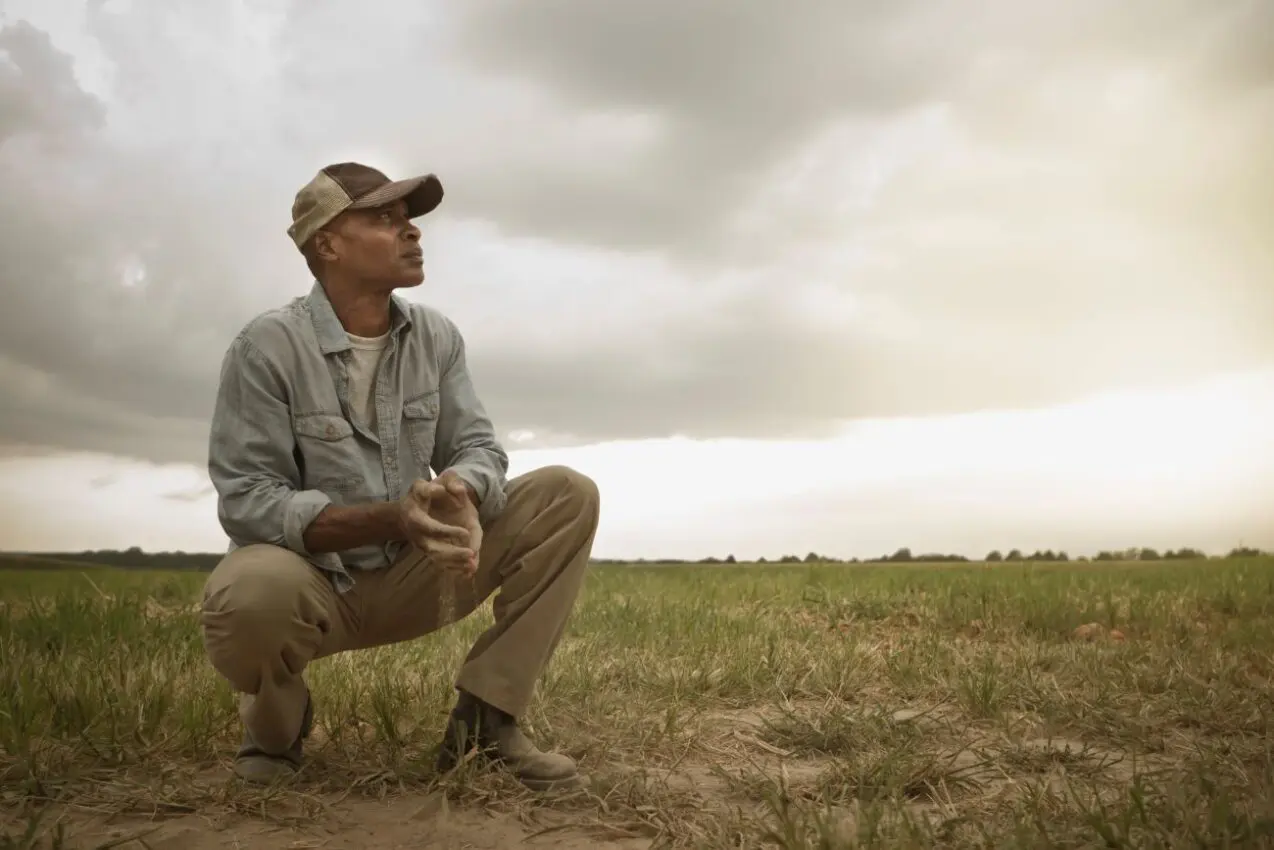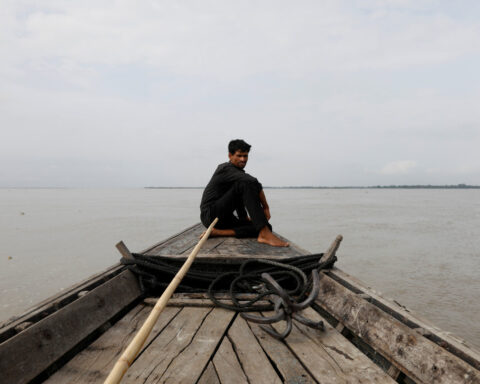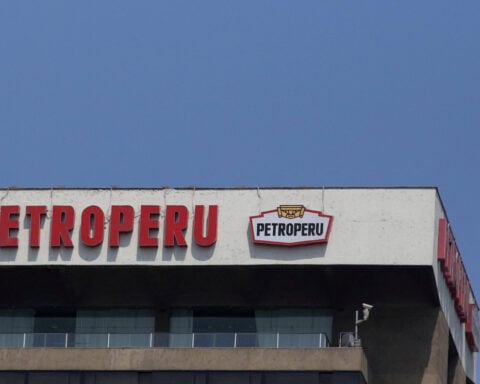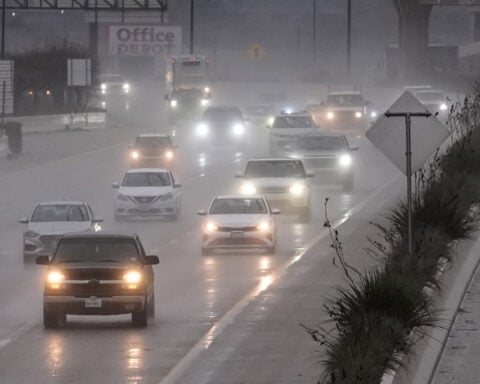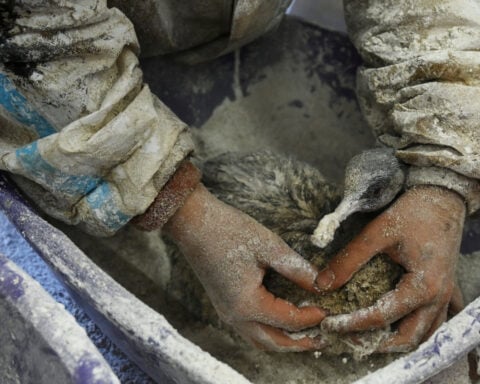When nature shows its wrath, it leaves an impact not only on the land but also on the hearts and lives of those who faced the storm. As we delve into the first-hand accounts of survivors who have stared into the eye of the storm, a common thread emerges a newfound awareness of the critical gaps in their readiness.
Paul Sprela, a resident of Long Beach, New York, experienced the fury of a natural disaster during the Hurricane Sandy in 2012.His home and business were inundated, causing significant damage. Sprela, who works in flood insurance, learned a crucial lesson about the limitations of such coverage. "Don't assume your flood insurance covers everything," he cautions. Most policies cover structural damage but often fall short when it comes to personal possessions, which can lead to unexpected financial burdens. Sprela also regrets rushing to repair his home out of his pocket, advice that could save others from premature financial decisions in the wake of disaster.
Preparation involves more than just safeguarding property; it's also about ensuring personal safety. Jane Bianchi from Tampa, Florida, took proactive steps before Hurricane Irma, such as photographing belongings and using mulch bags for flood defense. Yet, it was an overlooked hazard, a tree near her pool, that posed a significant risk. Bianchi emphasizes the importance of not only preparing your home but also making difficult decisions, like tree removal, to prevent potential damage.
Evacuation timing is another critical factor in disaster preparedness. James Matthew from1`, Texas, recalls the flooding caused by Hurricane Harvey, exacerbated by unsecured pallets blocking drainage. "Next time, I would check the drains myself," Matthew states, highlighting the importance of community and individual actions in disaster mitigation.
Matthew's observation underscores the role that seemingly minor details can play in compounding the effects of a natural disaster. Blocked drainage systems, debris, and unsecured objects can make flooding and water damage worse, increasing the overall impact. His commitment to being more proactive in the future highlights the importance of people being vigilant and taking responsibility for reducing risks in their surroundings.
Angela Ward's encounters with hurricanes Matthew and Irma show how warnings about severe weather can be underestimated." Initially dismissive, Ward changed her approach by the time Irma approached but still felt underprepared. "I plan on getting a generator next time," she admits, stressing the importance of having essential supplies, like gas and cash, on hand.
Ward's changing attitude towards disaster readiness shows a common issue - the habit of underestimating a situation until it becomes a serious danger. Understanding the importance of having a generator and necessary supplies emphasizes the need to not only listen to warnings but also to take action to be self-sufficient during power outages or service disruptions.
In Houston, Texas, Katie Mehnert learned the hard way about the serious consequences of Hurricane Harvey. Despite not living in a flood zone, she lost her home and car. "I thought I was well prepared," she reflects. Mehnert's story serves as a reminder that trouble can come from unexpected sources, like the Addicks Reservoir in her case, and the importance of being ready to evacuate regardless of perceived risk.
Thomas Cassino, another survivor of Hurricane Sandy, learned the hard way the importance of documenting possessions for insurance claims. "In the future, I will store all receipts, and I'll video or take pictures of whatever is in my home before evacuating," Cassino plans, underlining the value of meticulous record-keeping in ensuring fair compensation from insurance carriers.
The road to true preparedness is paved with the harsh lessons of those who have walked through the valley of the storms. Embrace their words not as dire warnings, but as beacons illuminating the path to resilience. For when the next tempest looms on the horizon, those who have heeded the survivors' call will stand ready, fortified by the knowledge that could spare them from nature's cruelest blows.

 Israeli attorney general orders probe into report that alleged Netanyahu's wife harassed opponents
Israeli attorney general orders probe into report that alleged Netanyahu's wife harassed opponents
 Peru declares environmental emergency after oil spill
Peru declares environmental emergency after oil spill
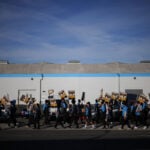 The strike against Amazon is over but Teamsters warn: ‘Stay tuned’
The strike against Amazon is over but Teamsters warn: ‘Stay tuned’
 Bad Bunny announces a new album, 'Debí Tirar Más Fotos'
Bad Bunny announces a new album, 'Debí Tirar Más Fotos'
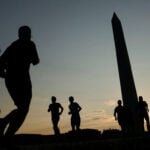 Column-Why US Congress restored Social Security benefits for public-sector retirees: Mark Miller
Column-Why US Congress restored Social Security benefits for public-sector retirees: Mark Miller
 Penn State offensive coordinator Kotelnicki's creativity has the Nittany Lions humming in the CFP
Penn State offensive coordinator Kotelnicki's creativity has the Nittany Lions humming in the CFP
 Pat Riley says the Miami Heat will not trade Jimmy Butler
Pat Riley says the Miami Heat will not trade Jimmy Butler
